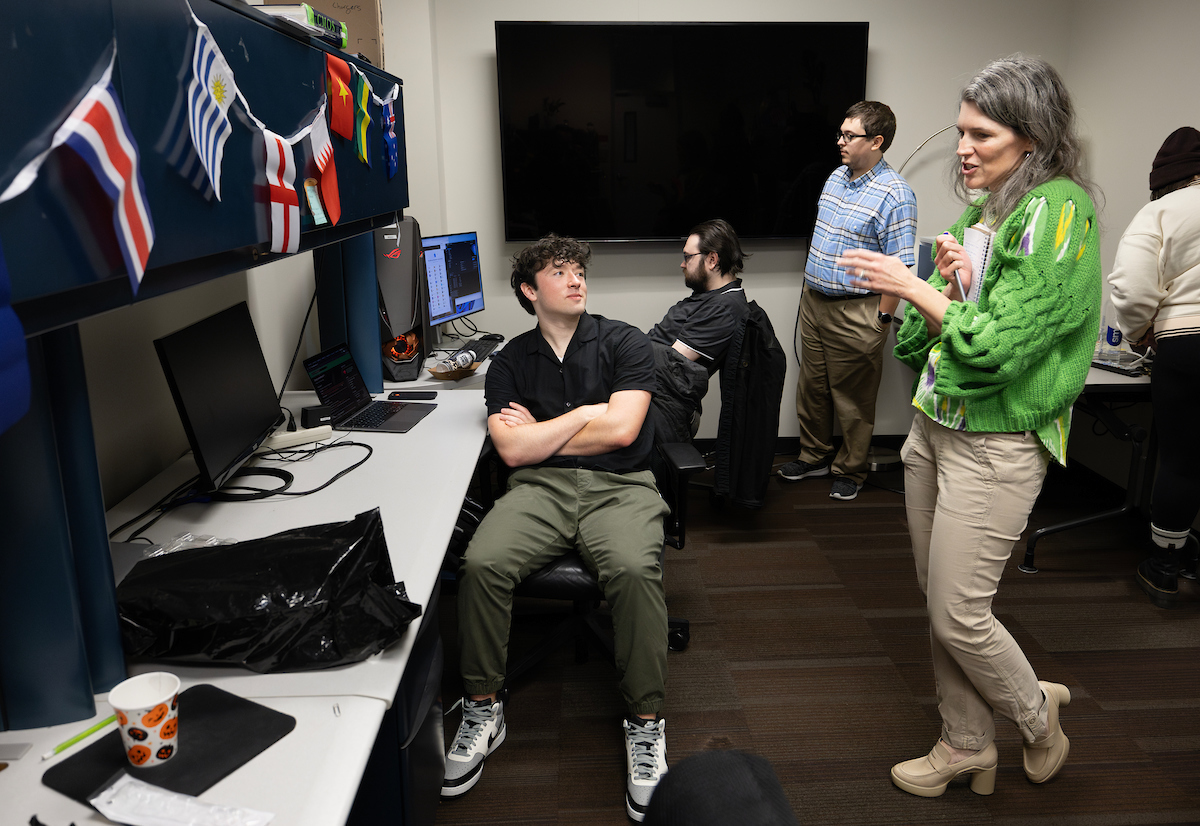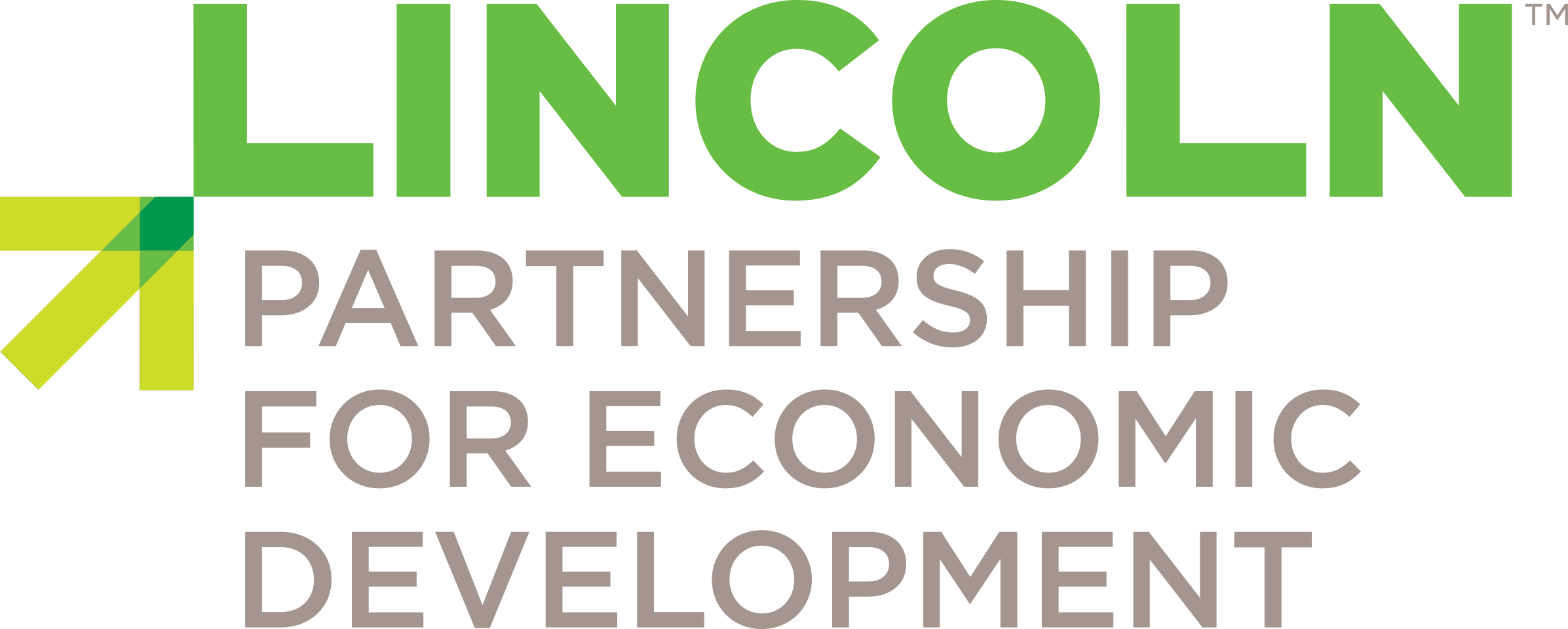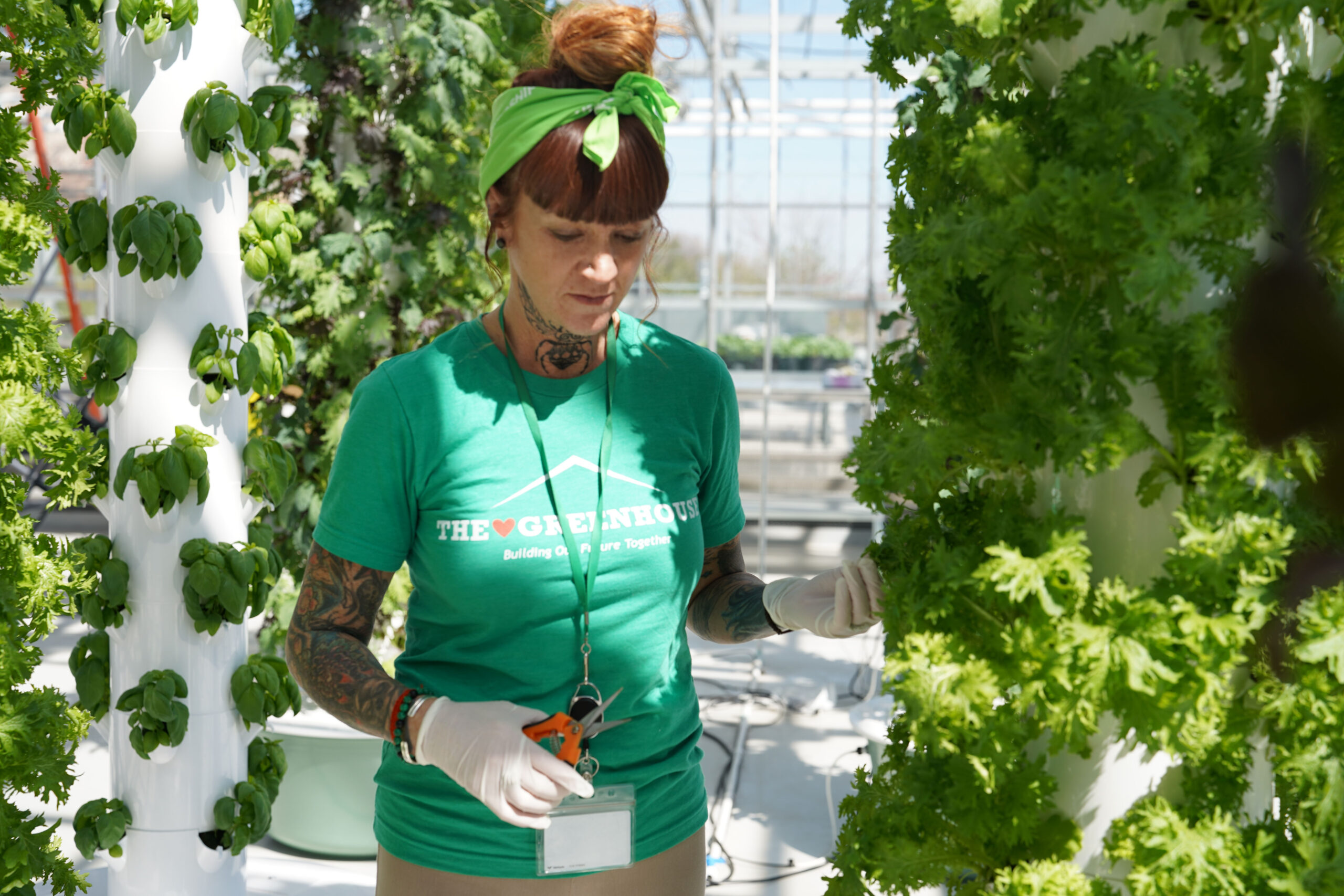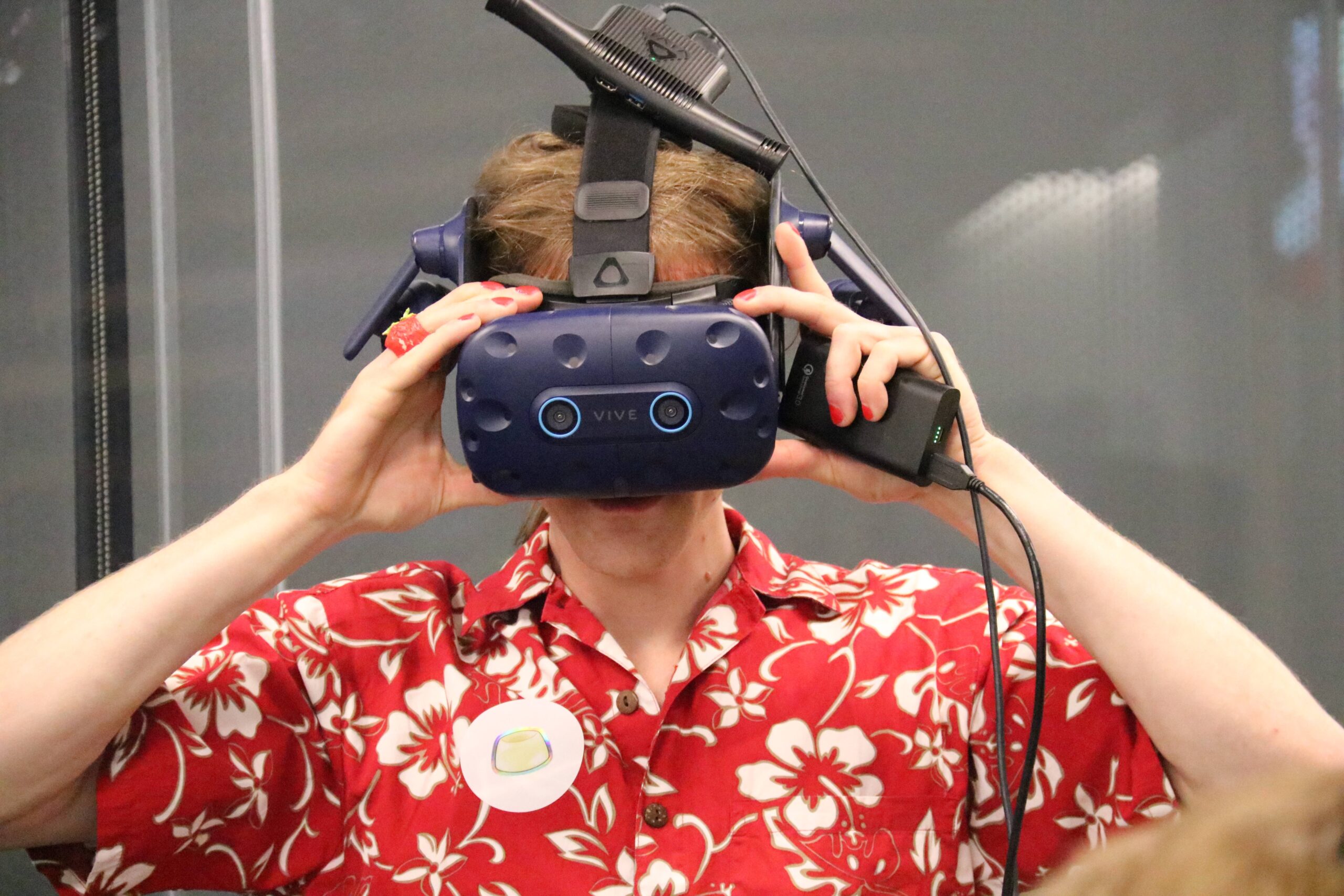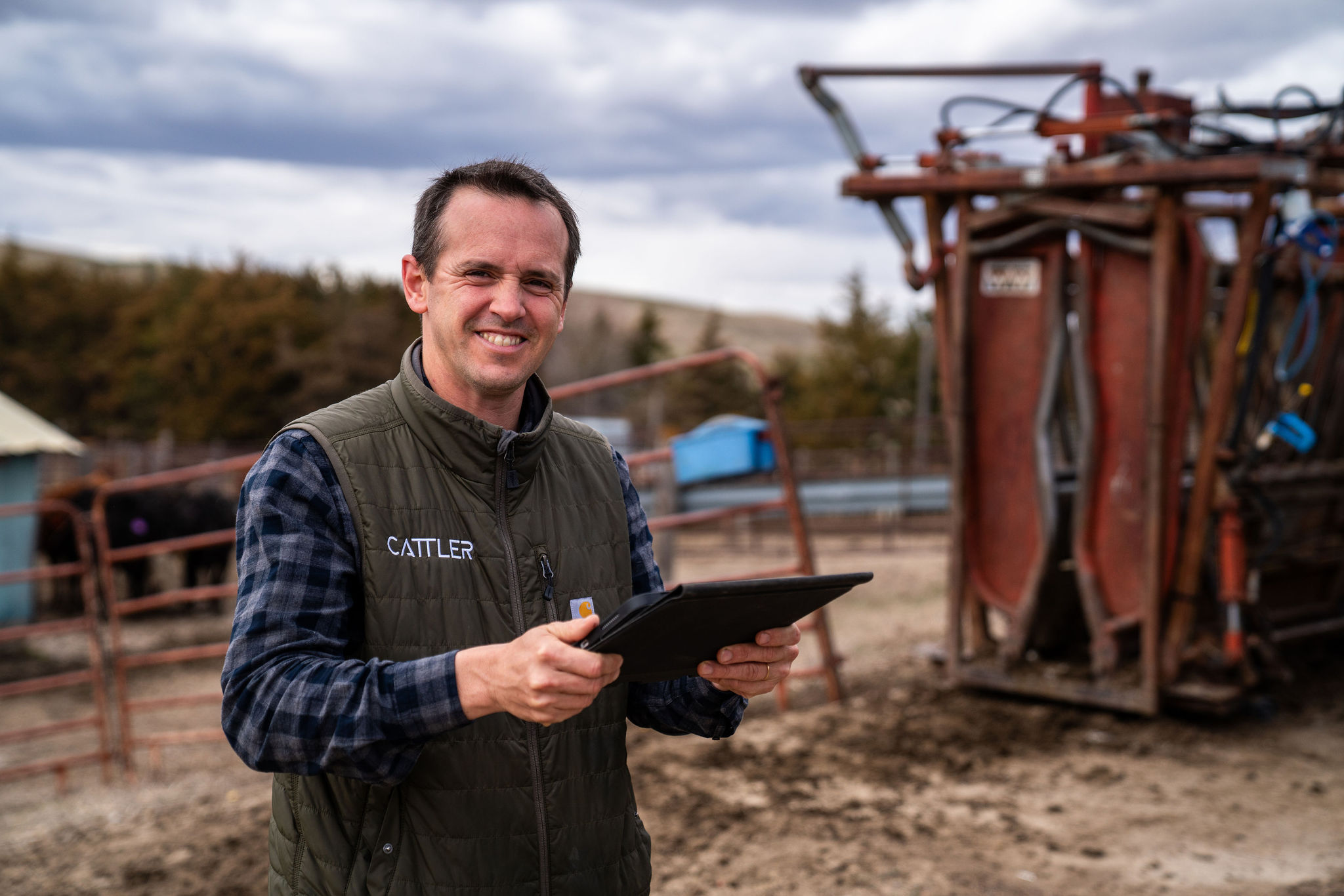University of Nebraska at Omaha (UNO) students don’t have to study in Washington, D.C., to get hands-on experience with global politics thanks to a one-of-its-kind interdisciplinary lab at the university.
The Nebraska Deterrence Lab (NDL) at UNO is made up of professors, visiting fellows and students working together to test and analyze real-world deterrence scenarios in an academic setting. The lab has partnered with the North Atlantic Treaty Organization (NATO) to assist with a series of wargames centered on space. Students working for the lab develop and test a deterrence framework to deal with potential future security threats from the skies above.
NDL’s participation in the NATO project began in the fall of 2023 with students contributing to the work in the lead-up to the wargame, which took place in the Netherlands from April 29 to May 2, 2024. While students were not physically present at the wargame due to classification restrictions, the lab helped analyze results and is now preparing for the next wargame set for 2025.
As part of a team of researchers from nine NATO nations, NDL offers its unique perspective from outside the government sector. The university lab conducts academic experiments on multi-actor deterrence to understand complex international relations and risks — the only lab of its kind in the U.S. according to its leaders.
“Space underpins the Alliance’s deterrence and defense missions, including the ability to navigate and track forces, position and target assets and gather intelligence for informed decision-making,” according to a NATO statement about the wargames. “As the space domain becomes more contested and congested, there is an increased need to ensure its responsible use, and to protect space assets from growing threats.”
With its origin sparking in 2018 from a separate grant-funded project for NATO, NDL developed from an idea into an interdisciplinary and intercampus lab through the efforts of its co-directors: Michelle Black, Ph.D., of the College of Arts and Sciences, and Deanna House, Ph.D., of the College of Information Science and Technology. Beyond believing in the real-world significance of the research, the UNO professors said NDL is an opportunity for students to discover new career paths, build their resumes and enter job pipelines — especially the difficult-to-enter government networks.
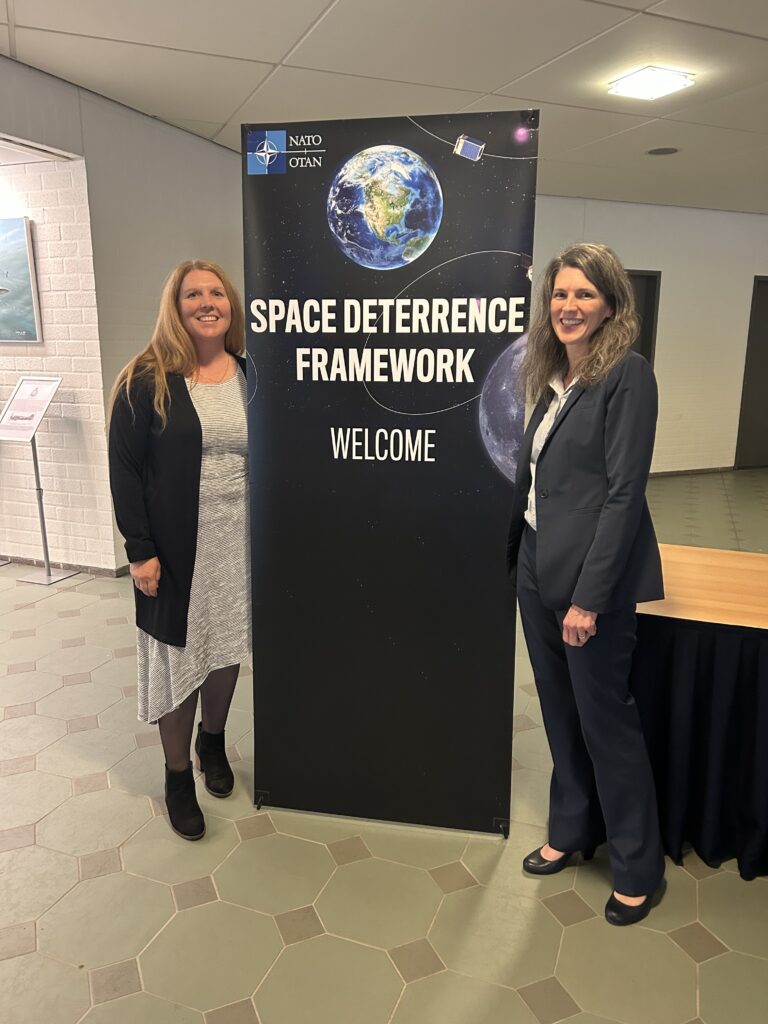
“Working on deterrence projects, especially on the wargame, has made students think about things differently and consider a broader application of what they may want to do,” said House in a press release.
“A lot of folks in younger generations aren’t motivated by making companies money. They want to make an impact, which might be as a civil servant or working in defense.”
Black and House describe the lab setting as a “co-located” space. Direct interactions between students on the analysis side and students on the tech development side lead to innovations in their data processing and data testing capabilities. Of the 20 current student positions, 14 are participating in the wargame project.

“I was able to get hands-on experience with various programs, software and techniques,” said Maria Miller, a graduate student earning a master’s degree in management information systems and information assurance.
“When walking into the lab, you’ll likely find people engaged in solving problems, drawing on whiteboards and working collaboratively on research and development.”
NDL has worked with government and defense institutions, like the U.S. Air Force and the FBI. Looking to the future, Black and House say they are also interested in working more with the private sector where the lab’s frameworks could also be beneficial.
Learn more about NDL and how to get involved with the lab on the NDL website.
